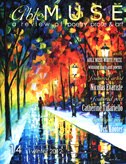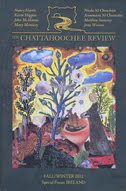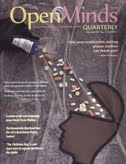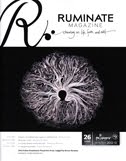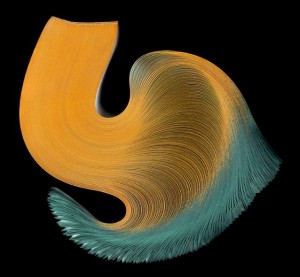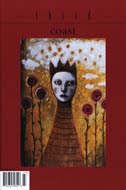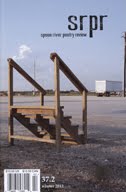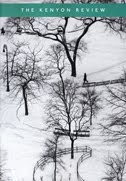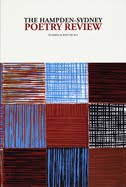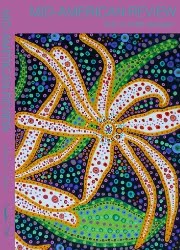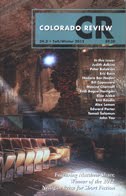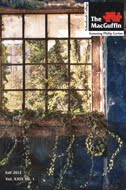AWP has announced the finalists for this year’s annual Small Press Publisher Award. AWP confers the award annually to honor small presses and their contributions to literary culture; in even years the award is given to a literary journal, and in odd years to a publisher. Each award includes a $2,000 honorarium and an exhibit booth at the AWP annual conference. The winning press will be announced at the Opening Night Awards Celebration at this year’s AWP Conference in Boston on Wed., March 6. Tickets to the invitation-only ceremony will be sent to invitees in mid-January.
This year’s finalists are:
Bellevue Literary Press, a project of the NYU School of Medicine and the first and only nonprofit press dedicated to literary fiction and nonfiction at the intersection of the arts and sciences. Bellevue’s award-winning titles include Paul Harding’s Tinkers, recipient of the Pulitzer Prize in Fiction, and Michelle Latiolais’s Widow: Stories, a best book of the year from Library Journal and the San Francisco Chronicle.
Coffee House Press, a Minneapolis-based press founded in 1984 by Allan Kornblum. Coffee House has published hundreds of titles in fiction, nonfiction, and poetry, including the recent titles Kind One by Laird Hunt, The Iovis Trilogy by Anne Waldman, Leaving the Atocha Station by Ben Lerner, and Netsuke by Rikki Ducournet.
Red Hen Press, founded in Los Angeles in 1994 by Kate Gale and Mark Cull. The press houses the imprints Arktio Books and Boreal Books; issues several literary awards each year, including the Benjamin Saltman Poetry Award and the Letras Latinas Poetry Prize; and sponsors an outreach program, Writing in the Schools. Red Hen’s authors include John Barr, Douglas Kearny, Eva Saulitis, and Los Angeles Poet Laureate Eloise Klein Healy.
Sarabande Books, based in Louisville and founded in 1994 by poets Sarah Gorham and Jefferey Skinner. Sarabande’s numerous award-winning writers include Lydia Davis, author of The Cows, Elena Passarello, author of Let Me Clear My Throat, Cleopatra Mathis, author of Book of Dog, and Ryan Van Meter, author of If You Knew Then What I Know Now.
“We are excited to present this new award, as the best small press literary publishers often go under-recognized in the publishing world,” said Christian Teresi, AWP’s conference director. “We look forward to acknowledging the outstanding work of independent magazines and presses at our conference for many years to come.”
Congratulations to all the deserving nominees!


